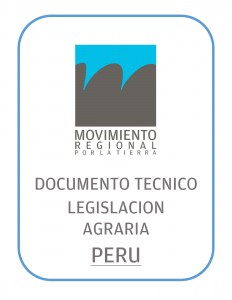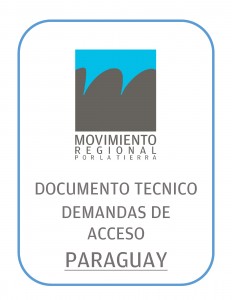Poverty and Land Policy in Cambodia
Slow agricultural development has restrained economic growth and poverty alleviation in Cambodia. The country’s volatile history has left a legacy of weak tenure security and large areas of underutilized land. This study estimates the impact of access to land on poverty in a logistic regression framework using household survey data. Increased access to land is shown to significantly lower the risk of household poverty. Tenure security, land improvements and irrigation strengthens this effect.







